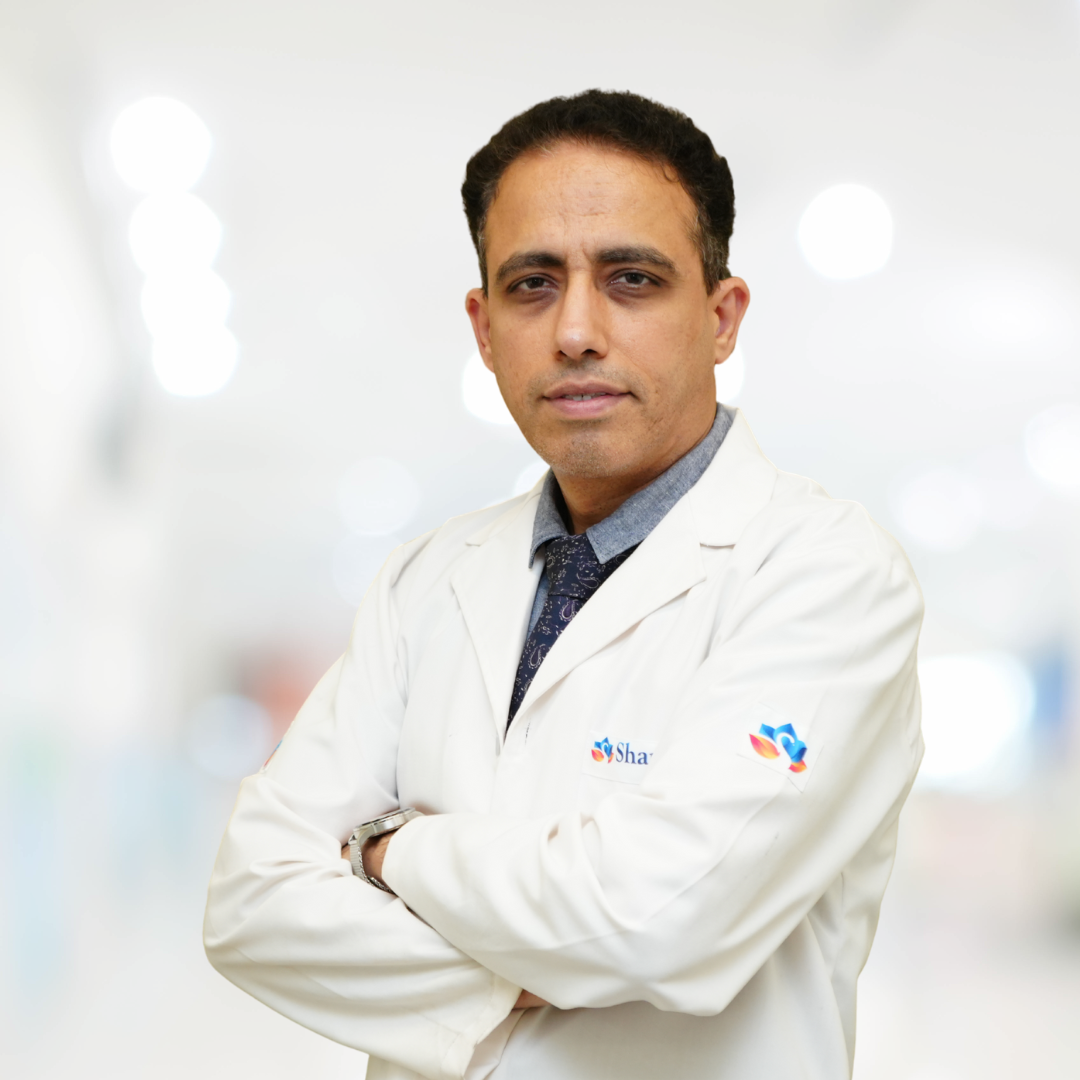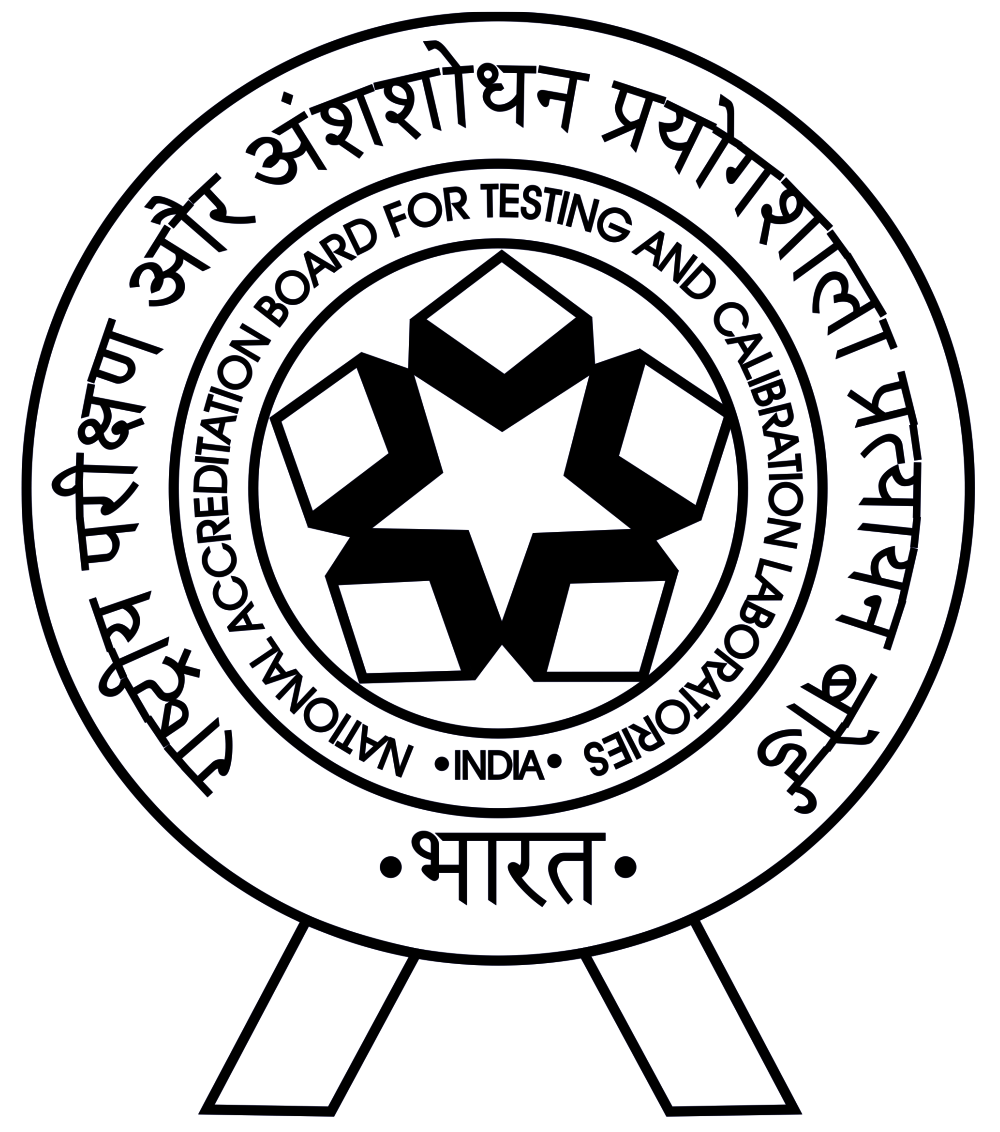
Oral and Maxillofacial Surgery
Oral & Maxillofacial Surgery (OMFS) at ShardaCare – Healthcity
Oral and maxillofacial surgery (OMFS), which is also called "maxillofacial surgery," is a specialized area of dentistry that diagnoses and treats problems with the face, jaw, mouth, and neck. This field encompasses a diverse range of procedures, including corrective jaw surgeries and reconstructive surgeries for facial trauma caused by various factors such as congenital anomalies, developmental issues, traumatic injuries, infections, and tumors.
Types of Maxillofacial Surgeries
Looking for an Expert
ShardaCare - Healthcity is home to some of the eminent Doctors in the world.
Book an Appointment














